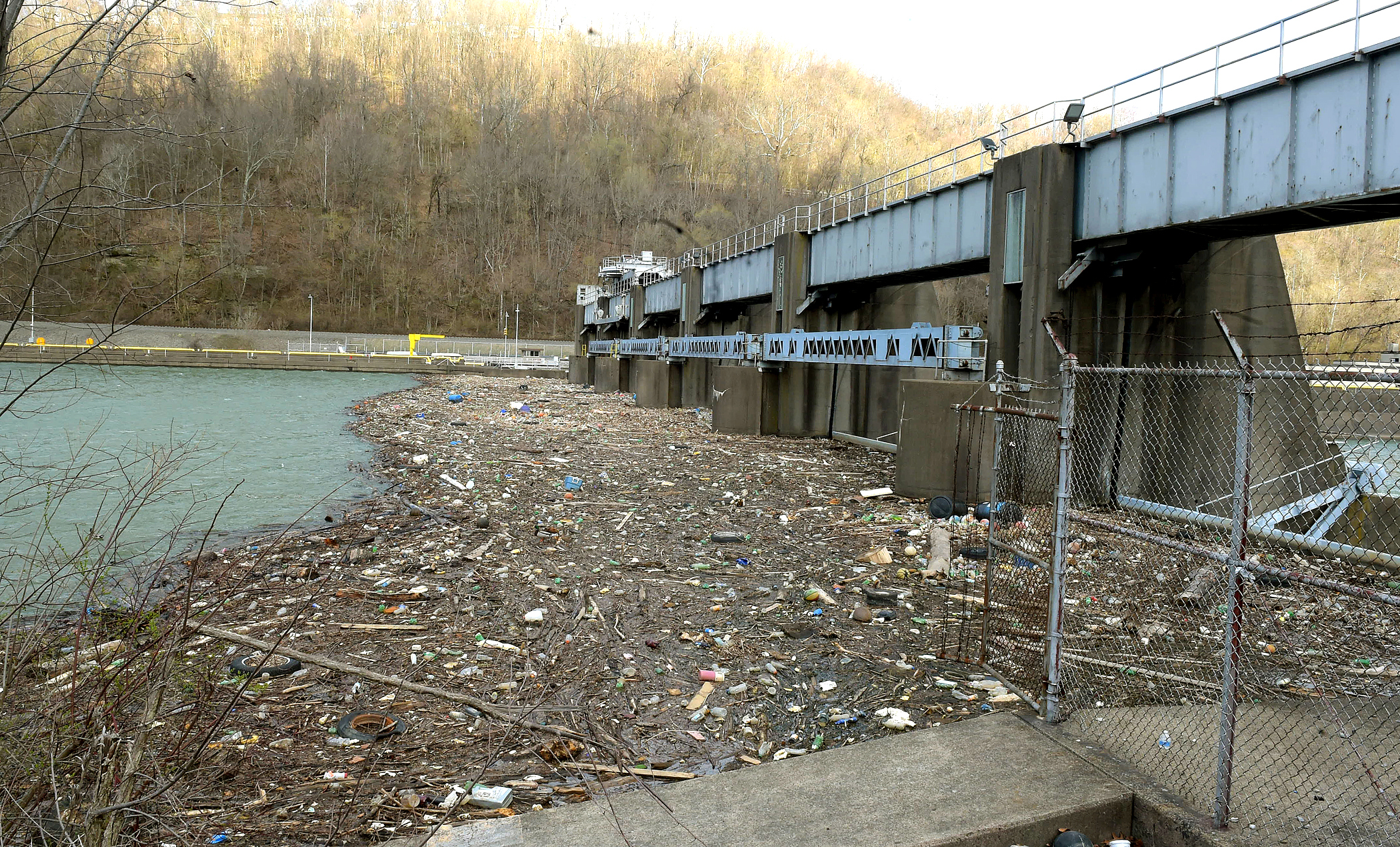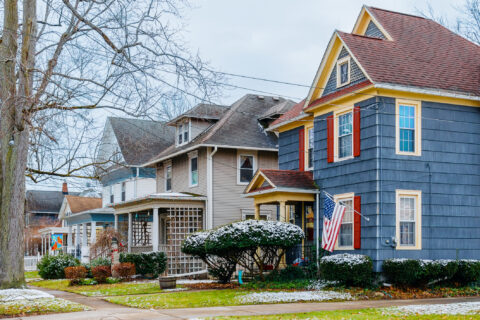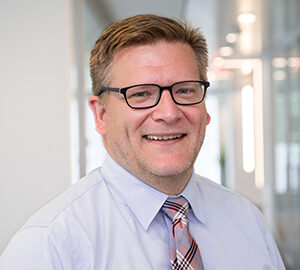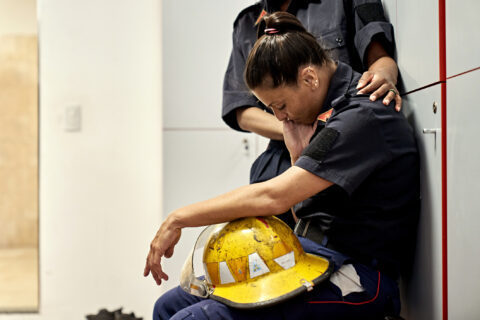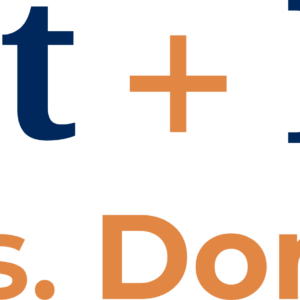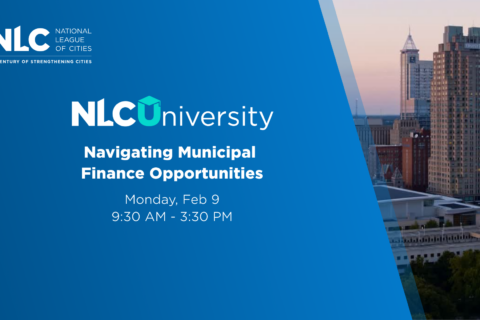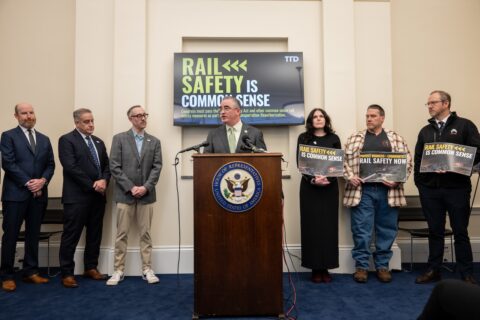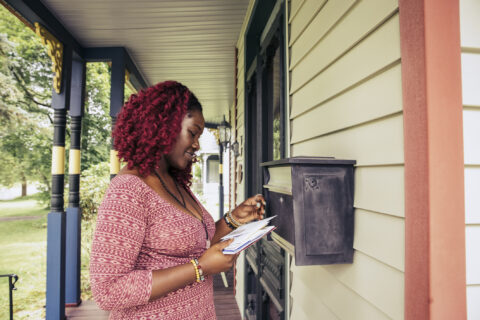Co-authored by NLC intern Sharon Glenn
Community Project Requests — previously referred to as “earmarks” — are one-time funding requests that can typically be spent over a one-year project period. Unlike traditional grant applications, which are submitted to federal agencies, cities submit a project proposal directly to their Senators and respective House Member.
In Morgantown, West Virginia, community project funding was used to design a debris and trash removal system on a major river to benefit their community and those downstream.
This blog is based on an interview with the city.
The Project at a Glance
- Location: City of Morgantown, WV
- Project: Monongahela River Trash Removal Initiative
- Funding Source: FY2024 Energy and Water Development Appropriations
- Funding Amount: $375,000
- Writer: City Grant Writer
- Timeline: Awarded in 2023, expected project completion in 2027
Community Need
For decades, Morgantown has struggled with trash and natural debris collecting behind a dam on the Monongahela River. The river runs through the heart of downtown alongside a commercial district, fishing access points, popular running trails, a park, a hotel and rail tracks as well. The buildup of debris not only makes the water stagnant and unsightly but gives the perception of poor water quality. As debris piles up, it pushes with greater force towards the dam and creates the risk of larger issues.
Volunteer cleanups highlight both the scale of the problem and the community’s desire for a clean river. Last year, volunteers filled more than 50 bags of trash from the waters, banks and trails along the Monongahela River in just one day. This year, a one-day effort removed over 6,600 pounds of trash. The Monongahela River is central to the community’s identity, and residents are deeply committed to restoring it.
The Army Corps of Engineers, which maintains the Morgantown Lock and Dam, is a key partner in addressing the debris challenges. They are aware of the issue and have noted instances where debris has become trapped underwater in the gates, causing inefficiencies for the lock and posing serious safety risks during removal.
When the gates are lifted, logs and trash often wash downstream, impacting other communities miles away. For Morgantown, a project to remove the trash and debris became a community priority.
Funding in Action
The city first used ARPA State and Local Fiscal Recovery Funds to conduct a feasibility study, meeting with the Army Corps to discuss cost estimates and possible solutions. Since the project idea was unique and did not fit into the general mold of standard grant funds, Morgantown submitted the project for community project funding.
“Often, a community’s biggest challenges don’t fit into a standard grant box. Community project funding gives cities like ours the chance to tackle real problems with real solutions. We’re grateful for the opportunity to continue and build upon the work being done by so many volunteers to clean up the Mon River!”
-Mayor Danielle Trumble, City of Morgantown
The approved $375,000 will fund the final design for the trash removal system, which will collect the trash and debris before it arrives at the dam and transport it offsite. Planning funds will allow Morgantown to conduct surveys, understand what type of river guards will work for the Monongahela, determine what personnel are needed to operate the system and decide whether an active or passive system will work best for the community.
Impact on the Ground
The city will soon release a request for quotes from consultants for the design of the trash removal project. By focusing on design now, Morgantown aims to deliver a shovel-ready project with Army Corps approval, paving the way for construction.
Once the project is complete, the community is expected to see improved water quality, better aesthetics and decreased safety hazards.
“If you have an idea for how to tackle a sticky problem, an idea you weren’t sure how to fund or an idea that hasn’t been done, submit for a community project!”
– Assistant City Manager Emily Muzzarelli
Improvement and cleanup of the Monongahela River has been a priority for the city for decades, and with community project funding ,they are optimistic that they’ll finally succeed. The city hopes that the success of the project could then be replicated in other communities that are experiencing similar issues.
Learn More
Explore NLC’s guide to tracking FY2026 Community Project Requests in Congress to help your city successfully navigate the process.
